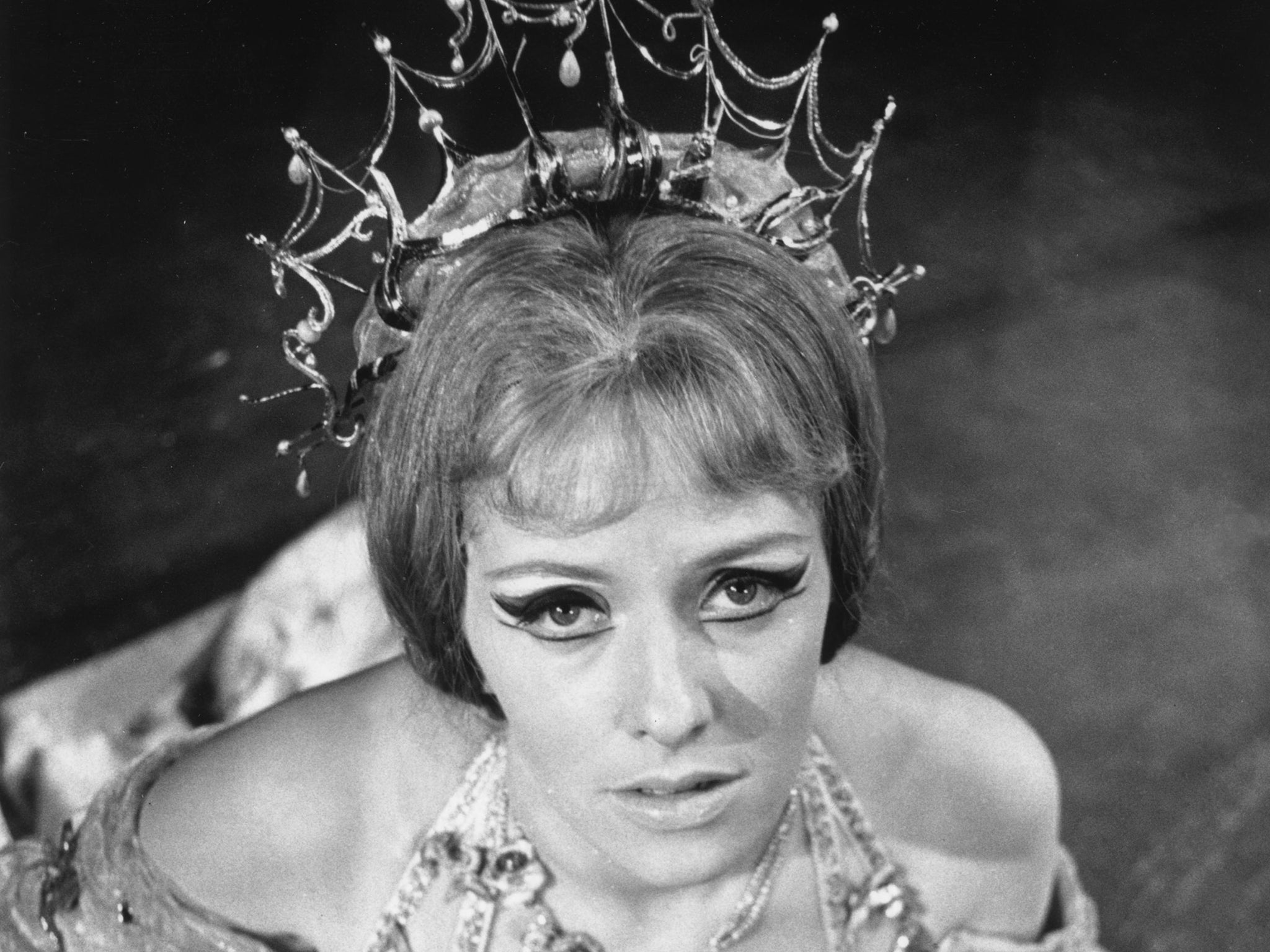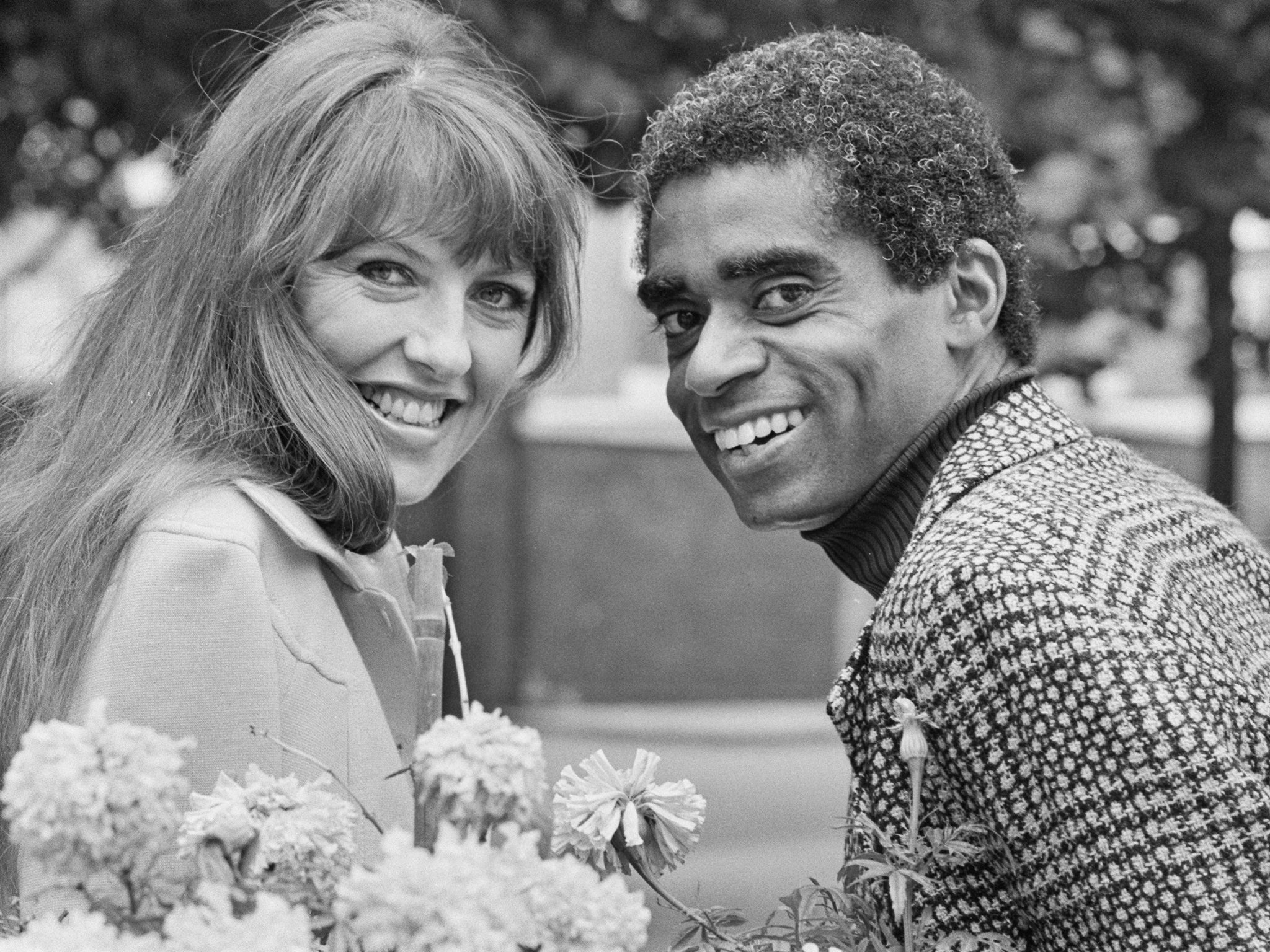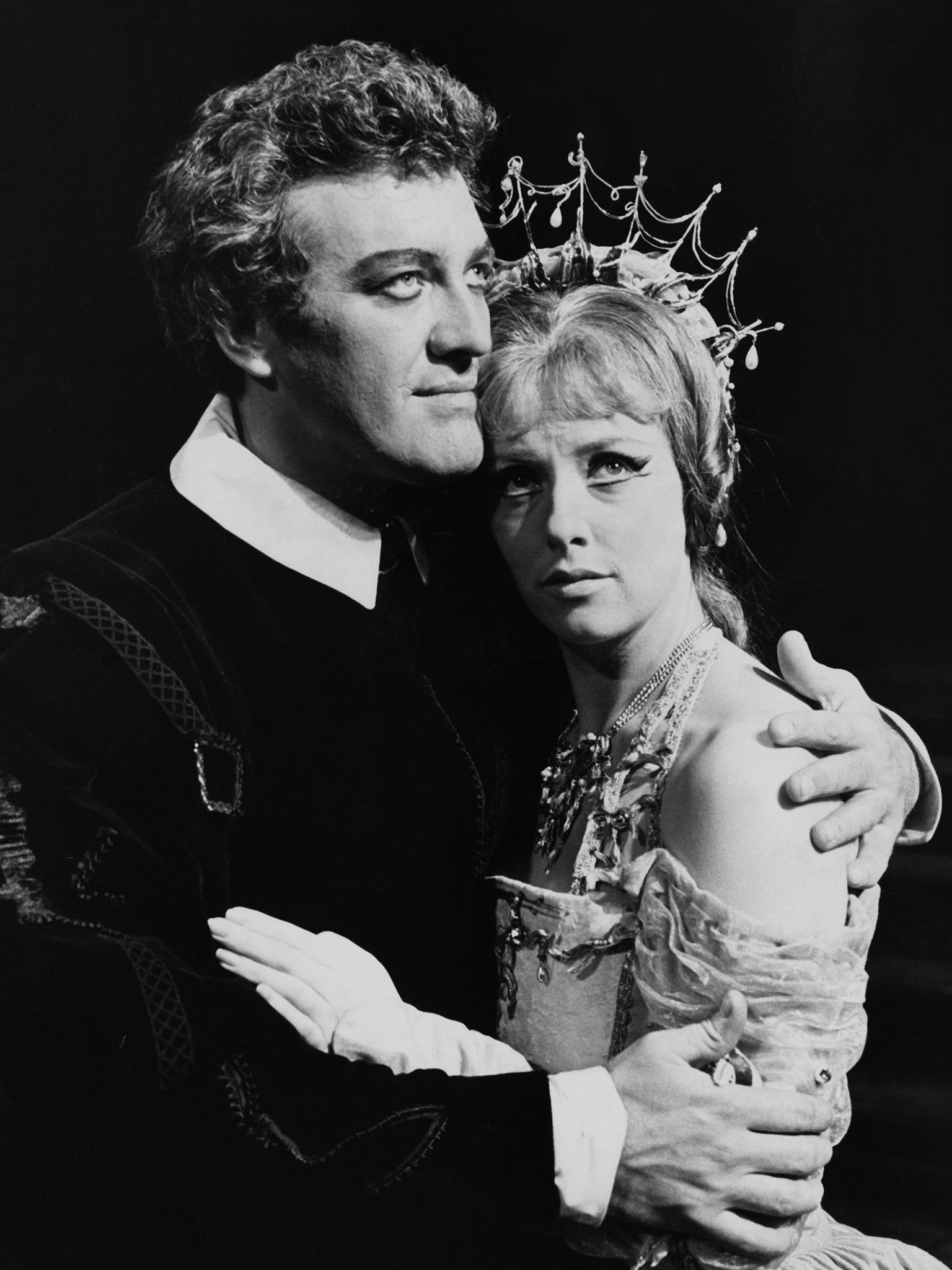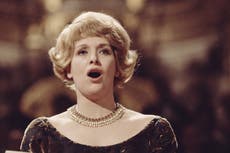Anne Howells: British mezzo-soprano who conquered the world stage
With a powerful voice and a talent for acting as well as singing, Howells was one of a select group of British performers to achieve international prominence

As one of the leading operatic stars of her generation, Anne Howells, who has died aged 81, belonged to that notable but highly select group of British singers and performers who rose to international prominence.
Aided by glamorous film-star looks, a mezzo-soprano voice that never lacked power, personality or emotional appeal, and an acting talent that is rare to find in a singer, she was one of the opera world’s great comedians.
Although she successfully fulfilled an early ambition to appear at the Royal Albert Hall for the Last Night of the Proms, it would have been fascinating to see her replace Patricia Routledge in the West End transfer of Carousel, as Cameron Mackintosh wanted, or even appear as Norma Desmond in Sunset Boulevard.
Anne Elizabeth Howells was born in Southport, but briefly spent time in both South Africa and Cheshire. She was educated at Sale County Grammar School. While there, having joined the local choral society, she had her first singing lessons with conductor Alfred Higson.
Later, she studied with the redoubtable Frederic Cox at the Royal Manchester College of Music. It was Cox who instilled in her the academic rigour that not only characterised her subsequent career, but in the more immediate short term brought her a whole raft of awards, including the prestigious Curtis Gold Medal. In the company of her fellow student and future first husband, the tenor Ryland Davies, Howells made her operatic debut in the 1963 British premiere of Gluck’s Paride ed Elena.
Twelve months later, having refined her vocal technique under the capable instruction of Vera Rózsa, she moved south to serve her operatic apprenticeship during three seasons as a member of the chorus at Glyndebourne. Her professional solo debut came as Flora in Welsh National Opera’s 1965 production of La Traviata.
Two years later, with a fortnight’s notice, she took on the role of Erisbe, the Queen of Morocco, in Glyndebourne’s eagerly anticipated revival of Cavalli’s opera L’Ormindo. Earning rave reviews, the production was subsequently televised. Her Covent Garden debut as Flora came later that year. As she revelled in the many opportunities afforded her, Howells’ virtuosic singing, warm tone and sensitive interpretations were soon in demand worldwide.
Throughout the 1970s and 80s, Howells toured extensively, making her European debut with Netherlands Opera in 1971. Her Belgian debut came a year later in 1972. That year also marked her first visit to America, when she was cast as Dorabella in Mozart’s Cosi fan tutte. Twelve months later she reprised the role at the Metropolitan Opera in New York before subsequently repeating it in San Francisco.

Together with her second husband, Stafford Dean, she returned to perform in Los Angeles in 1988. In the interim, she had made appearances in Edinburgh, Berlin, Athens, Amsterdam, Nantes, Paris, Wexford, and at the Salzburg Festival. In 1987, while starring at Geneva’s Grand Theatre, she played Régine in the world premiere of Rolf Liebermann’s comic opera La Forêt.
Throughout her long career, Howells was never averse to the challenges inherent in these more newly minted creations. One such was Norman Kay’s specially commissioned 1968 television opera The Rose Affair. This musical setting of a play by Alun Owen was an updated version of The Beauty and the Beast.
Two years later at Covent Garden, Howells was cast as Lena in the world premiere of Richard Rodney Bennett’s opera Victory. At Glyndebourne, she played Cathleen in Nicholas Maw’s The Rising of the Moon. She made later appearances in Sir Michael Tippett’s King Priam and The Knot Garden, Kurt Weill’s Mahogany, and Humphrey Searle’s serial vision of Hamlet.
In 1994, she played a voluptuous Lady Heartbeat in Sir Harrison Birtwistle’s hugely controversial Gawain. Six years later, for English National Opera, came Mark-Anthony Turnage’s The Silver Tassie.
While undoubtedly revelling in the stimulus of the stage, solo song recitals also held great allure for her. As such, she became a regular contributor to the Wigmore Hall series that rejoiced in the title “Queens of Song”.

On occasion she would also perform as a member of Graham Johnson’s vocal ensemble, The Songmakers’ Almanac. And, as a stalwart of the English choral society tradition, she embraced everything from Mozart’s Requiem to Hector Berlioz’s L’enfance du Christ.
As a regular contributor to the annual Sir Henry Wood promenade concerts, she appeared on a record six occasions during the 1982 season. No less impressive was her contribution to the 1986 concert at the Royal Festival Hall when, in the company of André Previn, she took the opportunity to remind everyone of the great glory of Maurice Ravel’s exquisite one-act opera L’heure espagnole.
Happily, a number of her performances endure, courtesy of television, video, DVD and archive film. Here she can be seen starring in both Der Rosenkavalier and the 1985 Salzburg International Festival production of Mozart’s La Clemenza di Tito.
Notable among her small output of recordings are three that attracted awards. They include Colin Davis’s early recording of Berlioz’s Les Troyens, the American composer Carlisle Floyd’s two-act opera Susannah, and Igor Stravinsky’s The Rake’s Progress. Other operatic releases were Donizetti’s Lucrezia Borgia, Sir Harrison Birtwistle’s Gawain and Raymond Leppard’s notable recreation of Cavalli’s L’Ormindo.
Sadly neglected are Carlo Maria Giulini’s recording of Schumann’s little-known secular oratorio Das Paradies und die Peri, Nicholas Maw’s Scenes and Arias, and Richard Hickox’s magisterial shaping of Josef Haydn’s Nelson Mass.
Performing less in later years, from 1997 until 2011 Howells taught at the Royal Academy of Music. She was in demand as a jurist at international competitions, and her expertise also found a ready outlet as a keynote contributor to master classes, workshops and seminars.
As a writer, she appeared regularly in the pages of The Oldie. It was there in 2009 that she published a somewhat indiscreet article telling of a short-lived affair she had had four years earlier with an Australian writer and critic she called “Clyde”. Many immediately took this to be Clive James, a fact that Howells would neither confirm nor deny.
As for James, who died in 2019, he always claimed to be totally mystified by it all. When her lover disclosed that he could “Berlioz no more”, Howells responded: “The Diva has moved on to a partner whose grasp of Berlioz is remarkable and who did not talk with his mouth full.”
Her third husband, Peter Fyson, died in 2005. She is survived by a son and a daughter from her second marriage to Stafford Dean.
Anne Howells, singer and writer, born January 12 1941, died May 18 2022


Bookmark popover
Removed from bookmarks